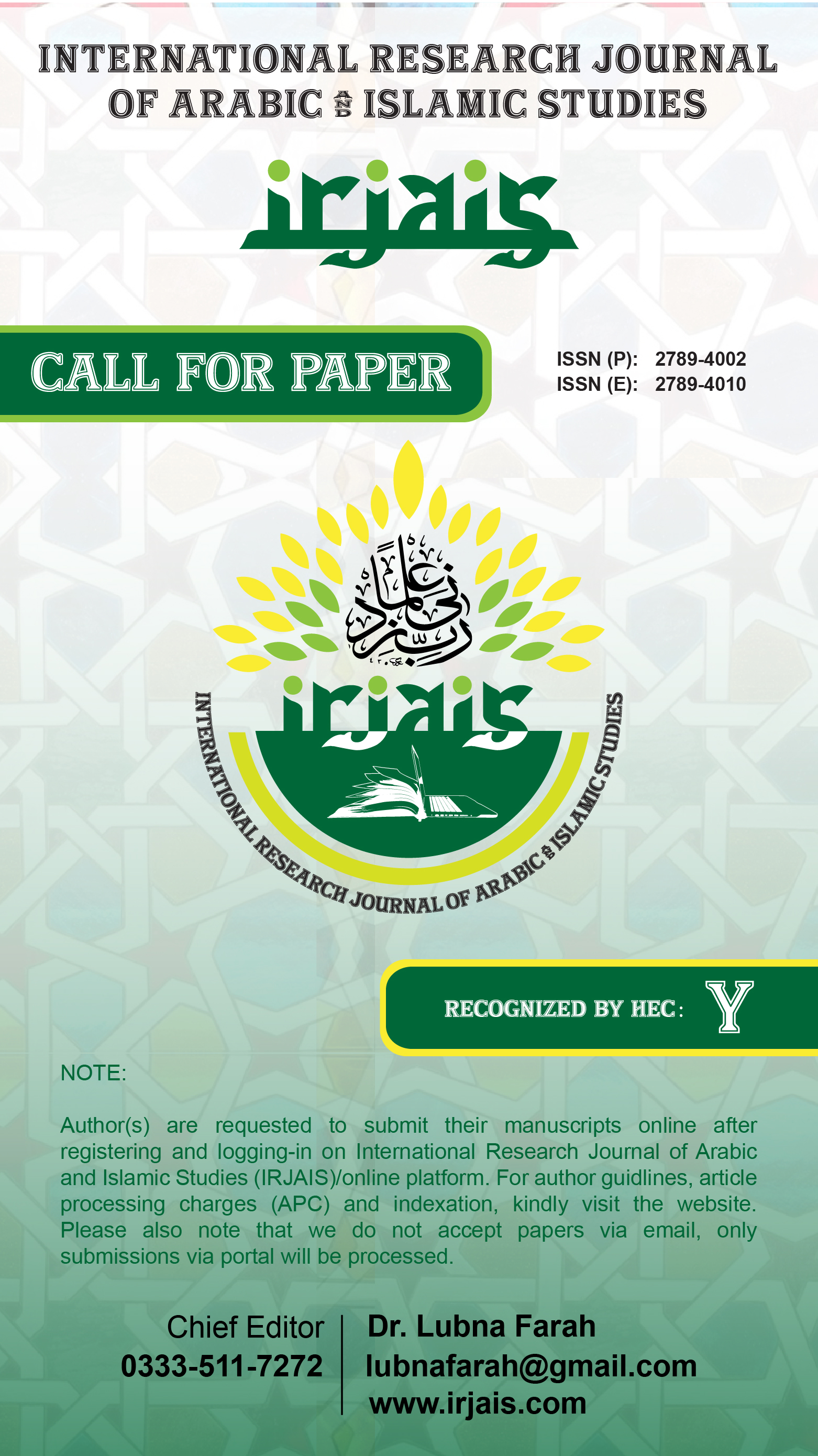انسانی مِلک بنک کے قیام میں معاصر فقہاء کی آراء کا تجزیاتی مطالعہ
An Analytical Study of Contemporary Scholars' Opinions on the Establishment of Human Milk Banks
Keywords:
Human milk banks, infant health, milk kinship, Islamic law, ethical concernsAbstract
Human milk banks are institutions that collect, screen, process, and distribute donated human breast milk to infants in need, particularly premature or critically ill babies. In Pakistan, the establishment of human milk banks aims to provide a safe and reliable source of nourishment for infants whose mothers are unable to breastfeed due to health issues or other constraints. The potential benefits include improved infant health outcomes, reduced neonatal mortality, and support for mothers who may experience difficulty with breastfeeding. However, the establishment of human milk banks in Pakistan faces significant objections from scholars, particularly on religious and cultural grounds. Some concerns include the issues of milk kinship, where sharing breast milk creates familial bonds in Islamic law, and the potential for misuse or unethical practices. This abstract provides an overview of the benefits and challenges associated with establishing human milk banks in the Pakistani context, highlighting the need for careful consideration of religious and ethical perspectives.





